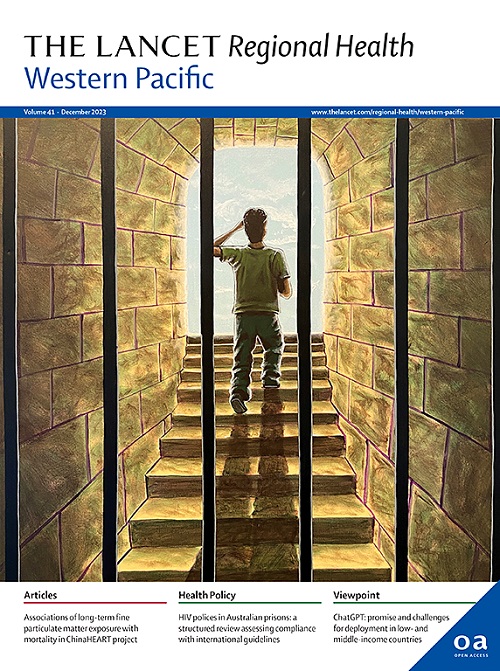Healthier SG: a gateway for evolving public-private-population partnerships in population health
IF 8.1
1区 医学
Q1 HEALTH CARE SCIENCES & SERVICES
引用次数: 0
Abstract
Singapore’s primary healthcare landscape is dominated by private sector general practitioners, who have more room to play in terms of safeguarding the health of the population. Through a transformative national policy, Healthier SG, Singapore is evolving its health system to lean on private-public partnerships. This is achieved through shared care protocols, interoperable IT requirements, new models of financing, shared responsibilities and human resources and, importantly, a bidirectional feedback channel. The Ministry of Health has attempted to address most of the pressing issues that prevent private sector general practitioners from enrolling into this newly implemented national primary care policy but continues to face unintended challenges. Disjointed and misplaced expectations between stakeholders, arduous administrative requirements that GPs need to perform to get their reimbursement, cherry-picking simpler patients to enrol as it makes more business sense and the prospect of continued care fragmentation are some of the loops that this national policy will need to jump through.
更健康的SG:人口健康领域公私伙伴关系发展的门户
新加坡的初级保健领域由私营部门的全科医生主导,他们在保障人口健康方面有更大的发挥空间。通过一项变革性的国家政策“更健康的新加坡”,新加坡正在发展其卫生系统,以依靠公私伙伴关系。这是通过共享护理协议、可互操作的IT需求、新的融资模式、共享责任和人力资源以及重要的双向反馈渠道来实现的。卫生部试图解决阻碍私营部门全科医生加入这项新实施的国家初级保健政策的大多数紧迫问题,但仍面临意想不到的挑战。利益相关者之间脱节和错位的期望,全科医生需要执行繁重的行政要求才能获得报销,挑选更简单的病人加入,因为它更有商业意义,以及持续护理碎片化的前景,这些都是这项国家政策需要跨越的一些循环。
本文章由计算机程序翻译,如有差异,请以英文原文为准。
求助全文
约1分钟内获得全文
求助全文
来源期刊

The Lancet Regional Health: Western Pacific
Medicine-Pediatrics, Perinatology and Child Health
CiteScore
8.80
自引率
2.80%
发文量
305
审稿时长
11 weeks
期刊介绍:
The Lancet Regional Health – Western Pacific, a gold open access journal, is an integral part of The Lancet's global initiative advocating for healthcare quality and access worldwide. It aims to advance clinical practice and health policy in the Western Pacific region, contributing to enhanced health outcomes. The journal publishes high-quality original research shedding light on clinical practice and health policy in the region. It also includes reviews, commentaries, and opinion pieces covering diverse regional health topics, such as infectious diseases, non-communicable diseases, child and adolescent health, maternal and reproductive health, aging health, mental health, the health workforce and systems, and health policy.
 求助内容:
求助内容: 应助结果提醒方式:
应助结果提醒方式:


